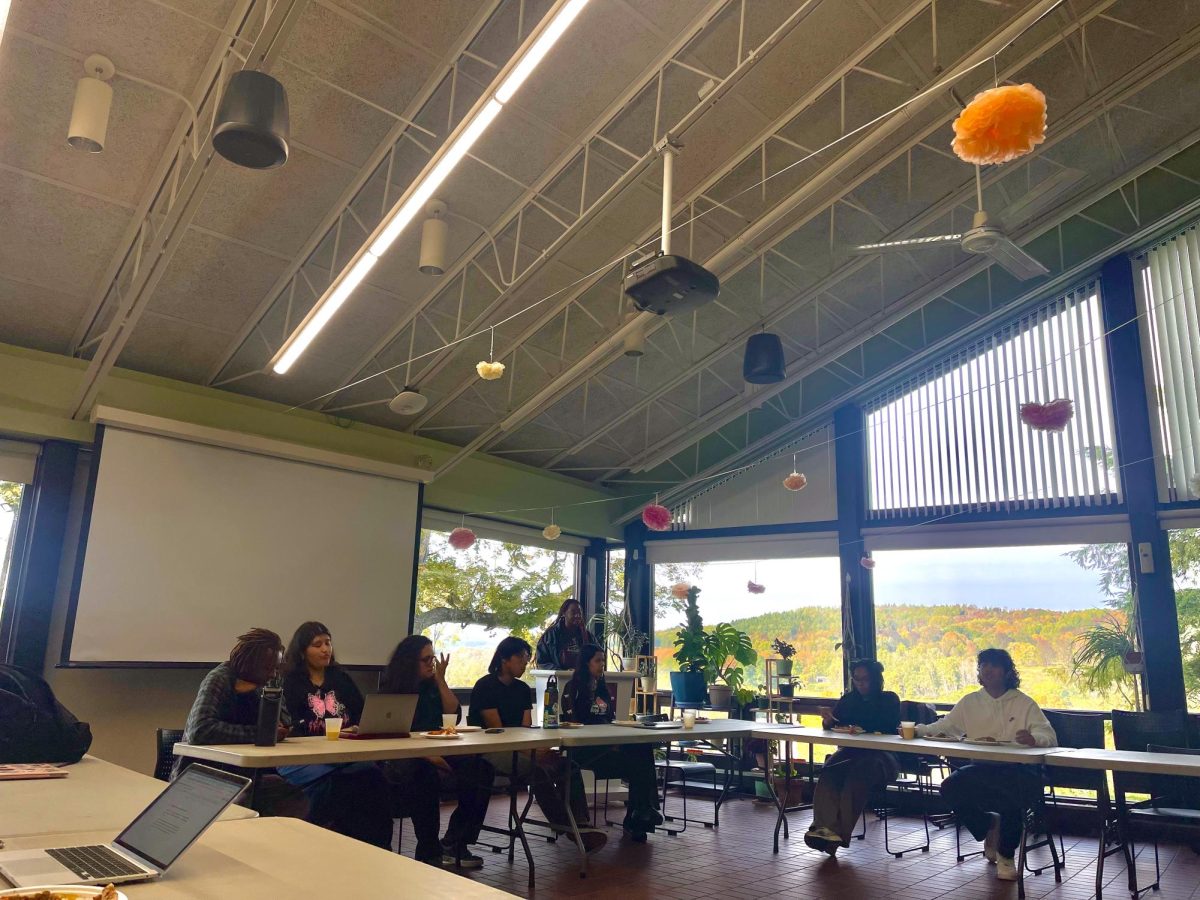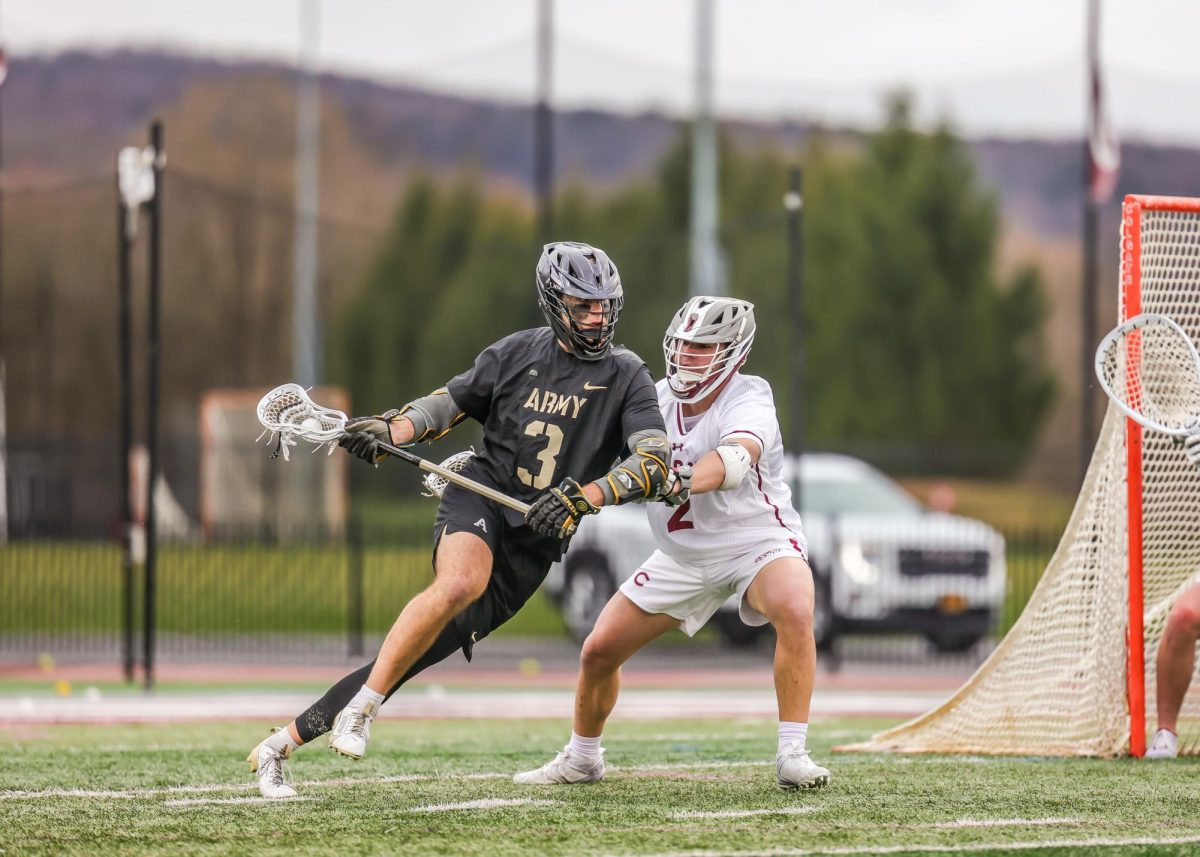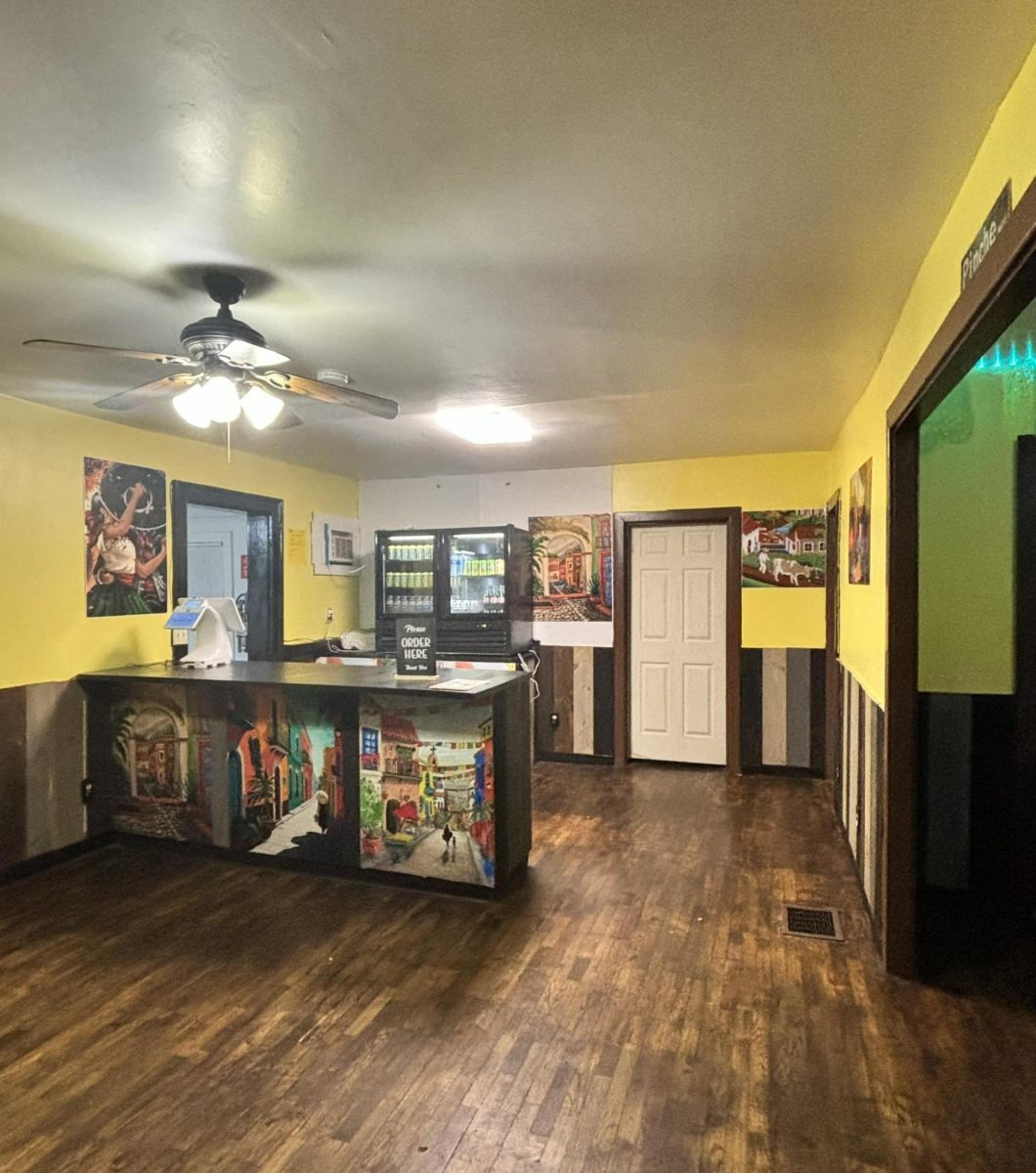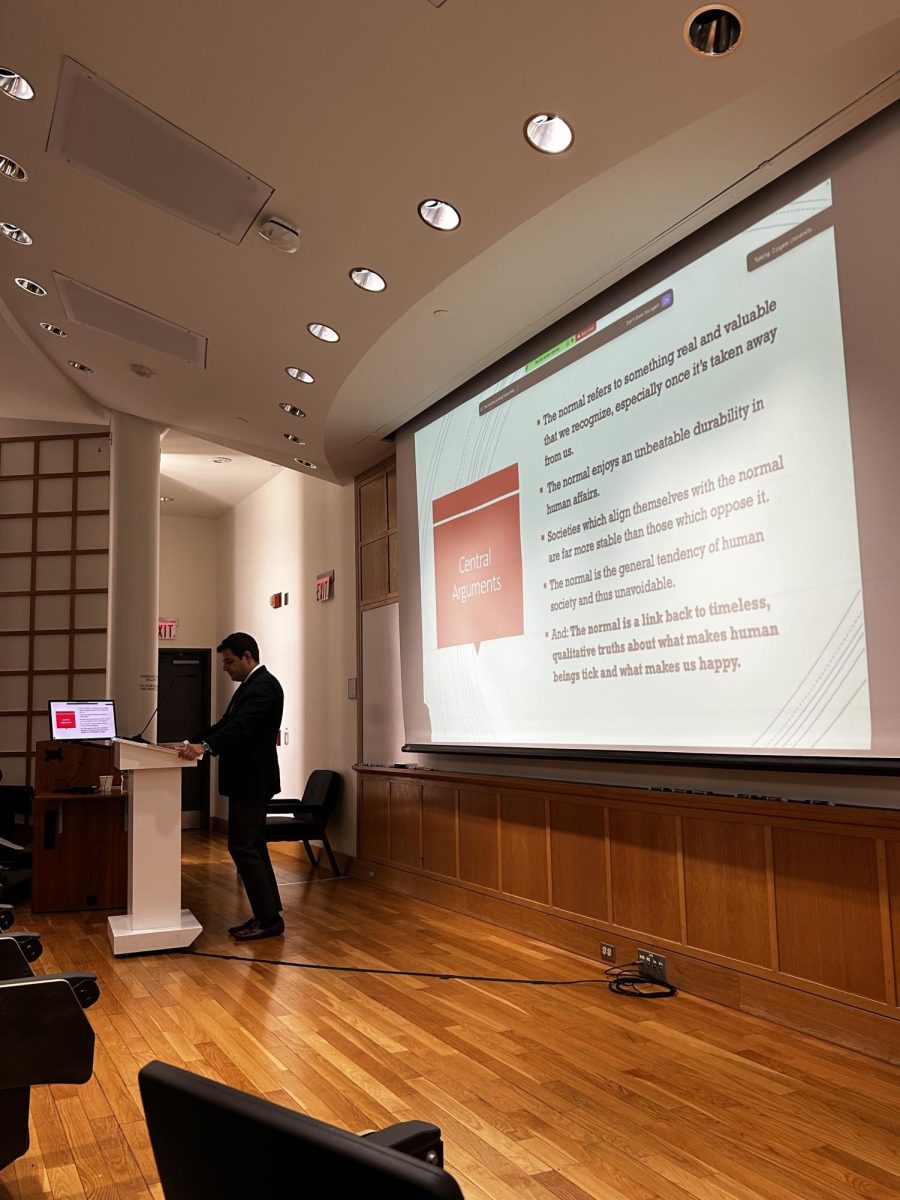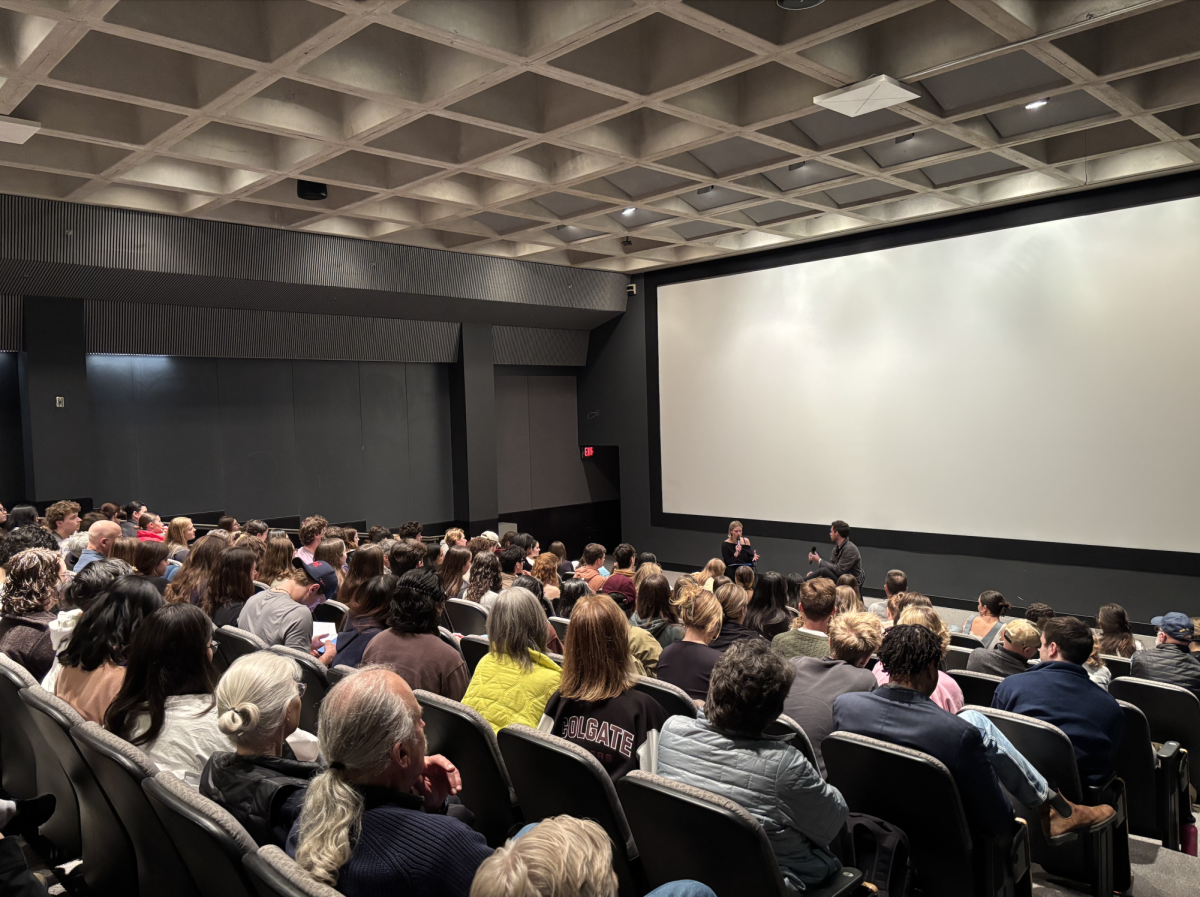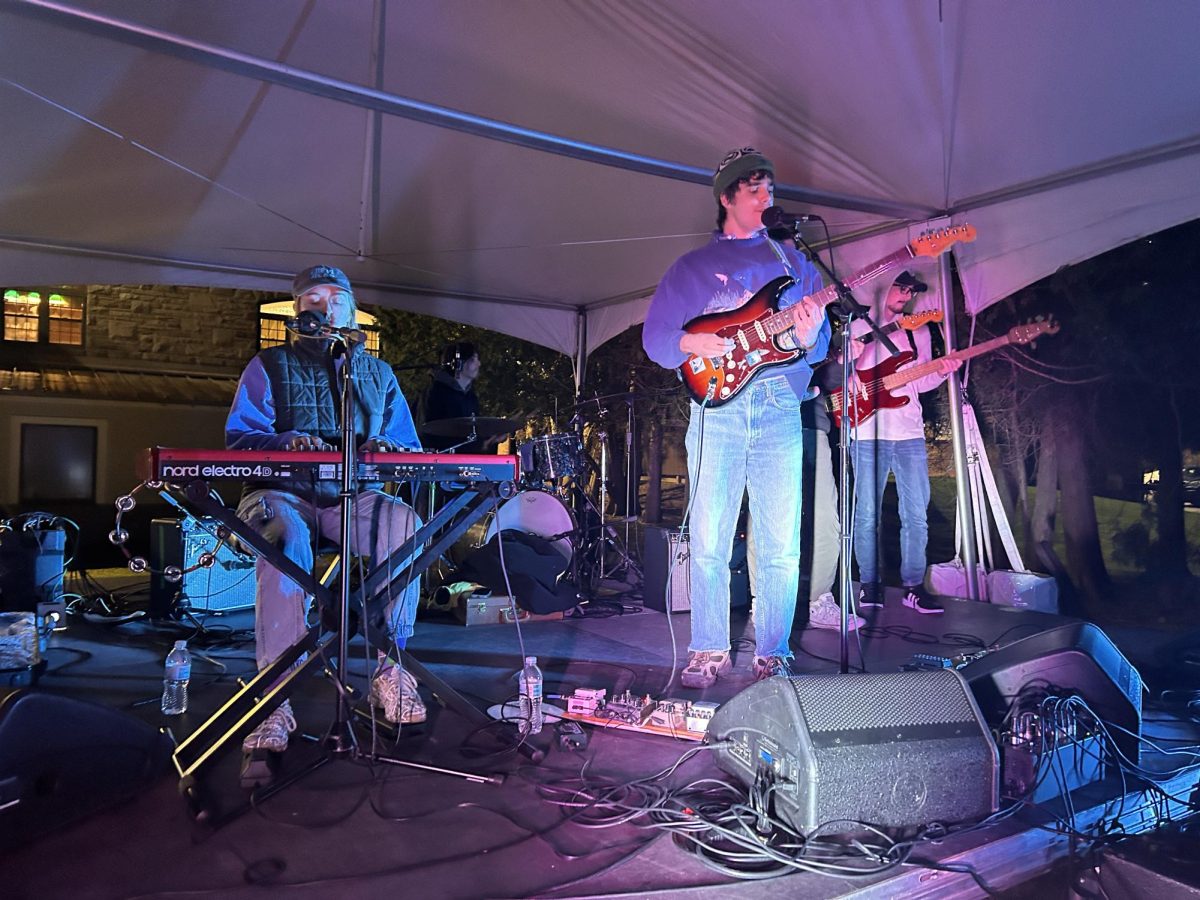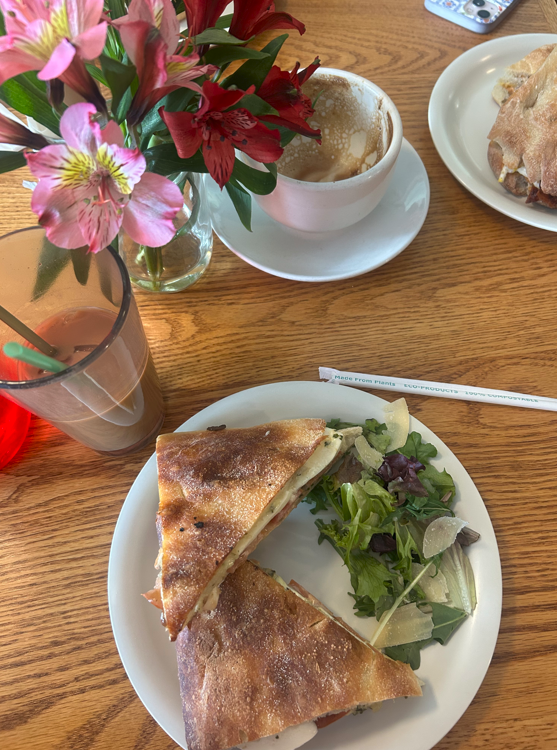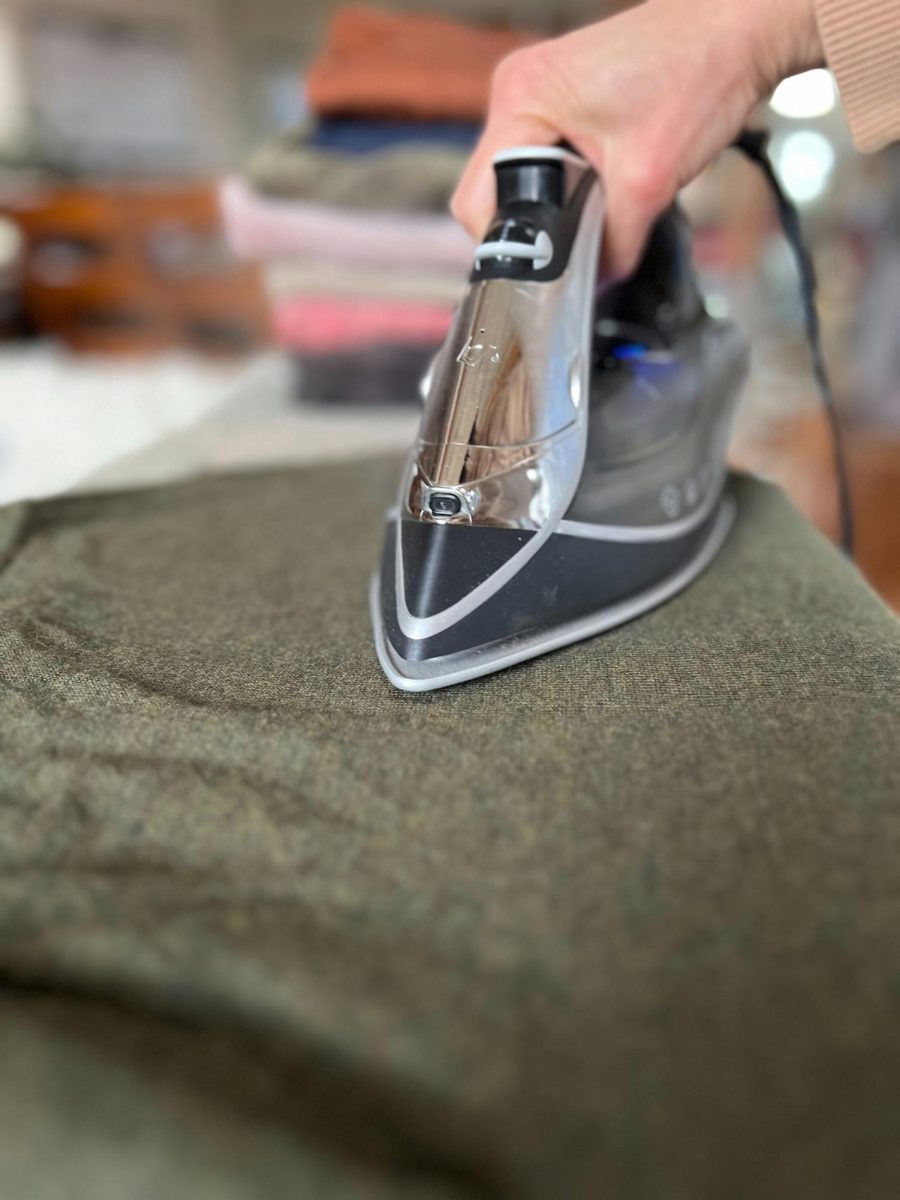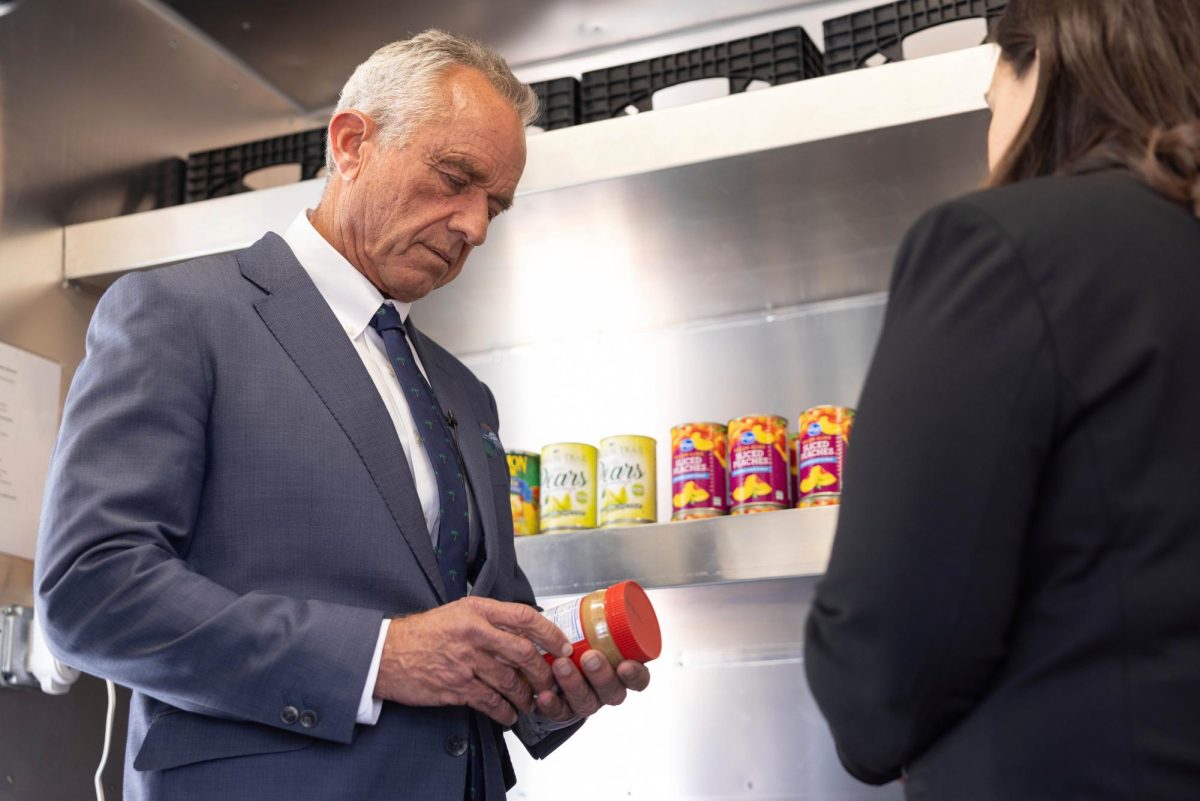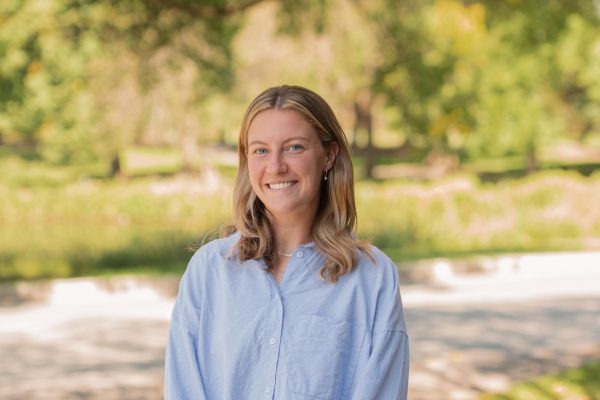The African, Latin American, Asian American and Native American Cultural Center (ALANA) hosted a panel with a number of Colgate University student leaders on Tuesday, Sept. 26 to discuss topics such as resilience and representation on campus. The student leaders represented up to 10 distinct pockets of campus communities, including Office of Undergraduate Studies (OUS) scholars, first-generation students, multicultural student organizations, student workers and Greek Life Organizations. The “Resilience & Representation Student Panel” was the first of ten or more Social Justice Peer Education programs.
Director of ALANA Cultural Center Esther Rosbrook described the purpose of the Social Justice Peer Education initiative.
“At the heart of the Social Justice Peer Education initiative lies a dedicated commitment to nurturing a rich ecosystem of student peer-to-peer learning while welcoming faculty and staff to actively join in these transformative conversations,” Rosbrook said.
The event was organized by Social Justice Peer Educators.
“Our Social Justice Peer Educators primarily spearheaded the planning process and diligently considered which topics would be most pertinent for our current student body based on extensive inquiries conducted among the student community, ” Rosbrook said. “We thank our lead Social Justice Peer Educator, Fredy Alvarado-Retana, who helped bring the idea to fruition.”
The theme of resilience and representation was referenced throughout the event and began with various student leaders sharing their methods for balancing different aspects of their lives. Leaders shared practical methods for staying on top of school work, ways that they balance their social and personal life and ways that they practice self-care. In addition to methods for well-being, many leaders shared their personal hopes for their remaining years at Colgate, including their goals as leaders in their organizations and groups. Responses included increasing gender equity on campus, spreading unity within community groups and building student initiatives for the arts on campus.
The student leaders also shared their perspectives on representation at Colgate. Many felt that although there are robust multicultural groups on campus, the administration could do more to support those groups. Additionally, many student leaders, including sophomore Reem Numan, felt that the most effective way to spark change on campus would be increased collaboration between the administration and multicultural groups.
“I feel like the administration could be doing so much more,” Numan said. “I feel like the student body – and student leaders, especially – are the only thing creating diversity on campus.”
Some leaders also remarked that hiring diverse faculty is especially important to achieving diverse representation at Colgate, and that the impact on the institution can be both longer and more influential. In spite of these challenges, however, student leaders wanted to recognize the important work that many faculty members are already doing to support students of color.
Gretchen Hoadley Burke ’81 Endowed Chair in Regional Studies in the Department of Educational Studies Anthony Farley provided his perspective on the need for faculty of color at Colgate.
“You all are here for four years and then you are gone; the numbers can go up and they can go down to zero and the institutional memory is not there from student to student […],” Farley said. “The thing that connects students from one era to another […] and that communicates all the things that you might have done in the early 2000s to now to later is faculty.”
Additionally, many students mentioned that they both wish to and are actively making changes to remedy those problems they noticed. Some mentioned returning as alumni to unite campus groups or reaching out to those in administration to coordinate events.
Numan remarked that the event was successful because of the depth of dialogue that students shared.
“I think it went really well. I feel like it was really spot on [in addressing] resilience and representation,” Numan said. “I appreciated how it focused on things that we feel frustrated about but also good things we are doing, like both the positive and negative of that.”
Junior Aby Metellus, who helped to organize the event, thought that the discussions on representation and resiliency would benefit all students at Colgate.
“I feel like there is a perception of multicultural groups on campus that it’s mostly for students of those origins,” Metellus said. “However, I feel like on a campus that is [primarily] white, it is best for everyone to get a more rounded experience.”
Through the Resilience and Representation Student Panel and upcoming Social Justice Peer Education programs, students have a chance to share their voices.
“There are a lot of meaningful experiences on this campus, [especially] if you take those experiences with people you’ve never interacted with before,” Metellus said.


